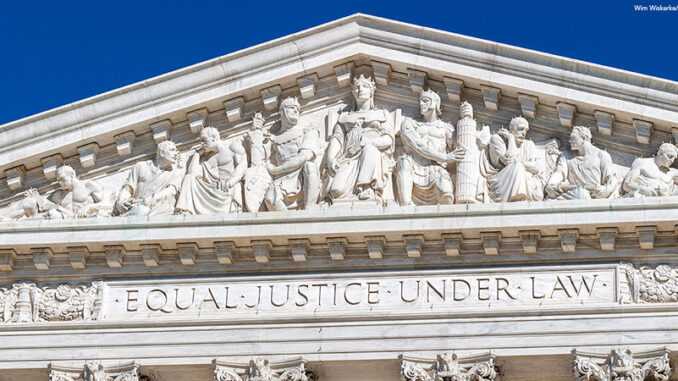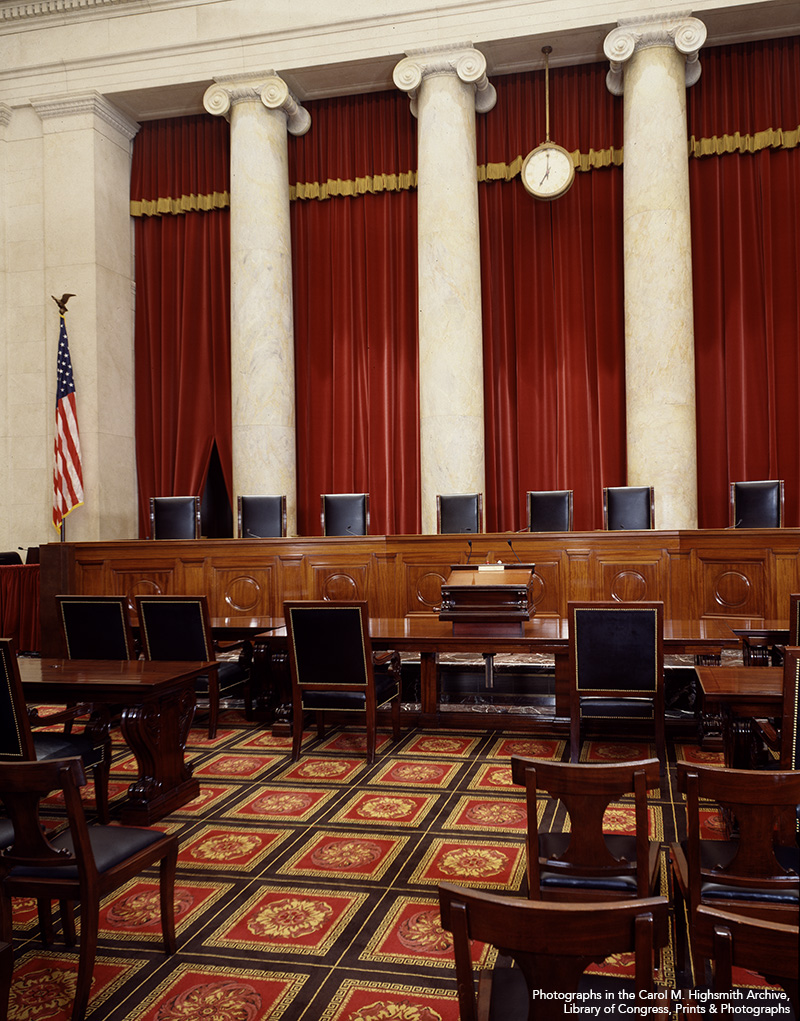
On February 25, 2022, President Joe Biden announced that he was nominating Judge Ketanji Brown Jackson to the U.S. Supreme Court to replace Justice Stephen Breyer, who is retiring. If the nomination is approved by the Senate, Judge Brown Jackson will be the first African American woman to serve on the nation’s highest court.
Who is Ketanji Brown Jackson?
Judge Jackson, 51, was born in Washington, D.C., and grew up in Miami, Florida. Her parents were trained as teachers, but when Jackson was in preschool, her father went to law school. Jackson played beside her father while he studied. This, she says, is what inspired her to attend law school as well.
Jackson was an excellent student who was “mayor” of her junior high school and student body president of her high school. She went on to attend Harvard University, where she graduated at the top of her class. While at Harvard Law School, Jackson was a supervising editor of the Harvard Law Review.
After graduating from law school, Jackson was a clerk for three federal judges and worked at four law firms. She also served for two years as a Washington, D.C., public defender. A public defender is a lawyer who represents legal defendants who don’t have enough money to pay for a lawyer. If confirmed, she will be the first public defender to serve on the Supreme Court. (In fact, the only other Supreme Court justice with any significant experience representing criminal defendants was Justice Thurgood Marshall, who retired in 1991.) In 2012, Jackson was nominated by President Obama to serve on the U.S. District Court for Washington, D.C. In 2021, she was nominated by President Biden to the U.S. Court of Appeals for the same district. She has also served as a Vice Chair and Commissioner on the United States Sentencing Commission, which is a federal agency that looks at unfair sentencing.
Today, Jackson lives with her husband and their two daughters in Washington, D.C.
Jackson’s Judicial Experience and Perspective
Judge Jackson brings widespread professional experience to the Court. She has issued several important rulings during her career, on topics ranging from reproductive rights to environmental protection, to collective bargaining agreements, to border policies.
Judge Jackson believes that the legal system should be fair and impartial for everyone. Her parents attended segregated schools when they were growing up. Her brother is a veteran of the U.S. Army and a police officer. Two of her uncles were law enforcement officers as well. At the same time, another uncle served 25 years in prison for federal drug charges. As a former public defender, Jackson has spoken out about the importance of giving everyone equal access to legal representation.

